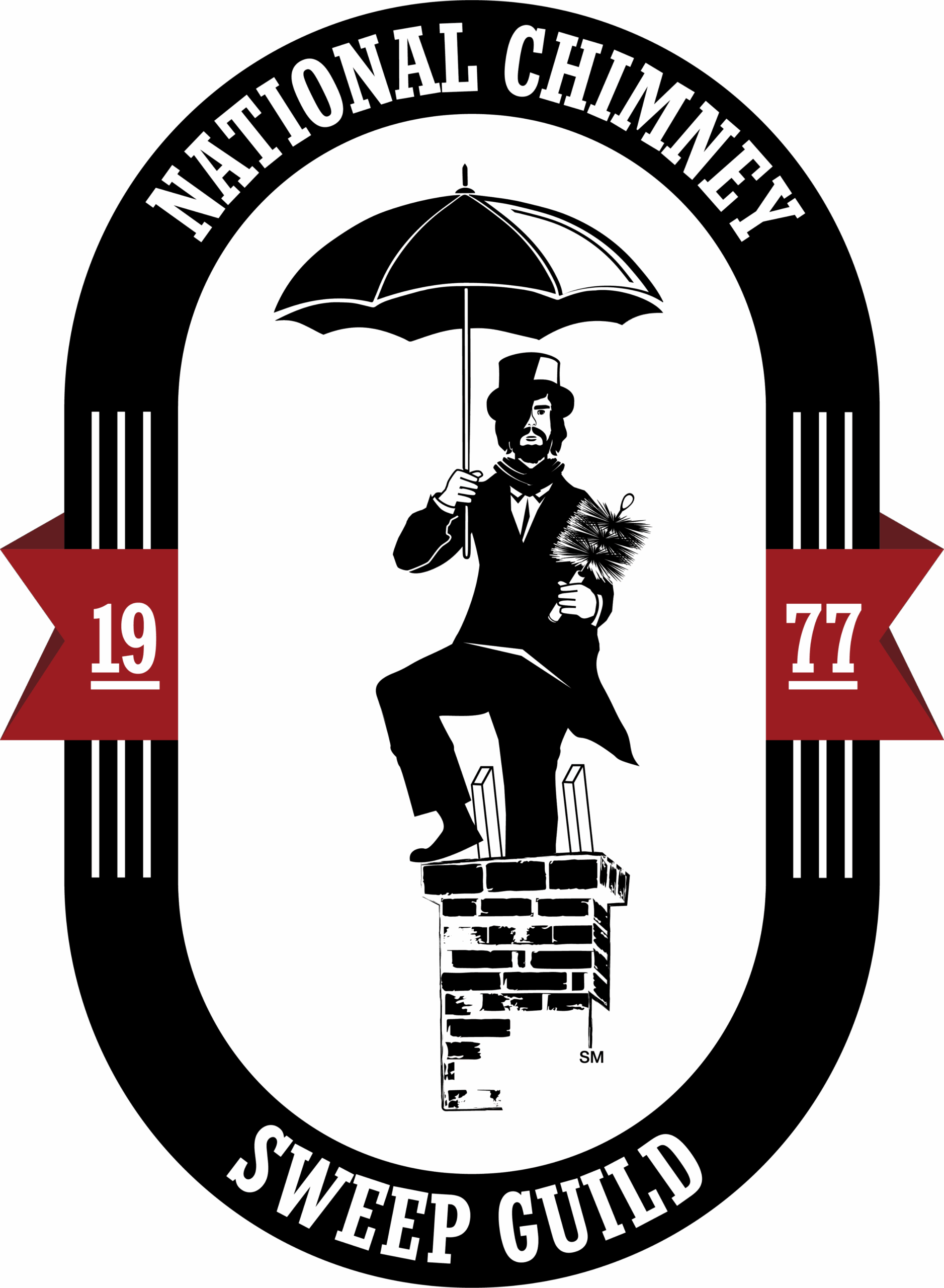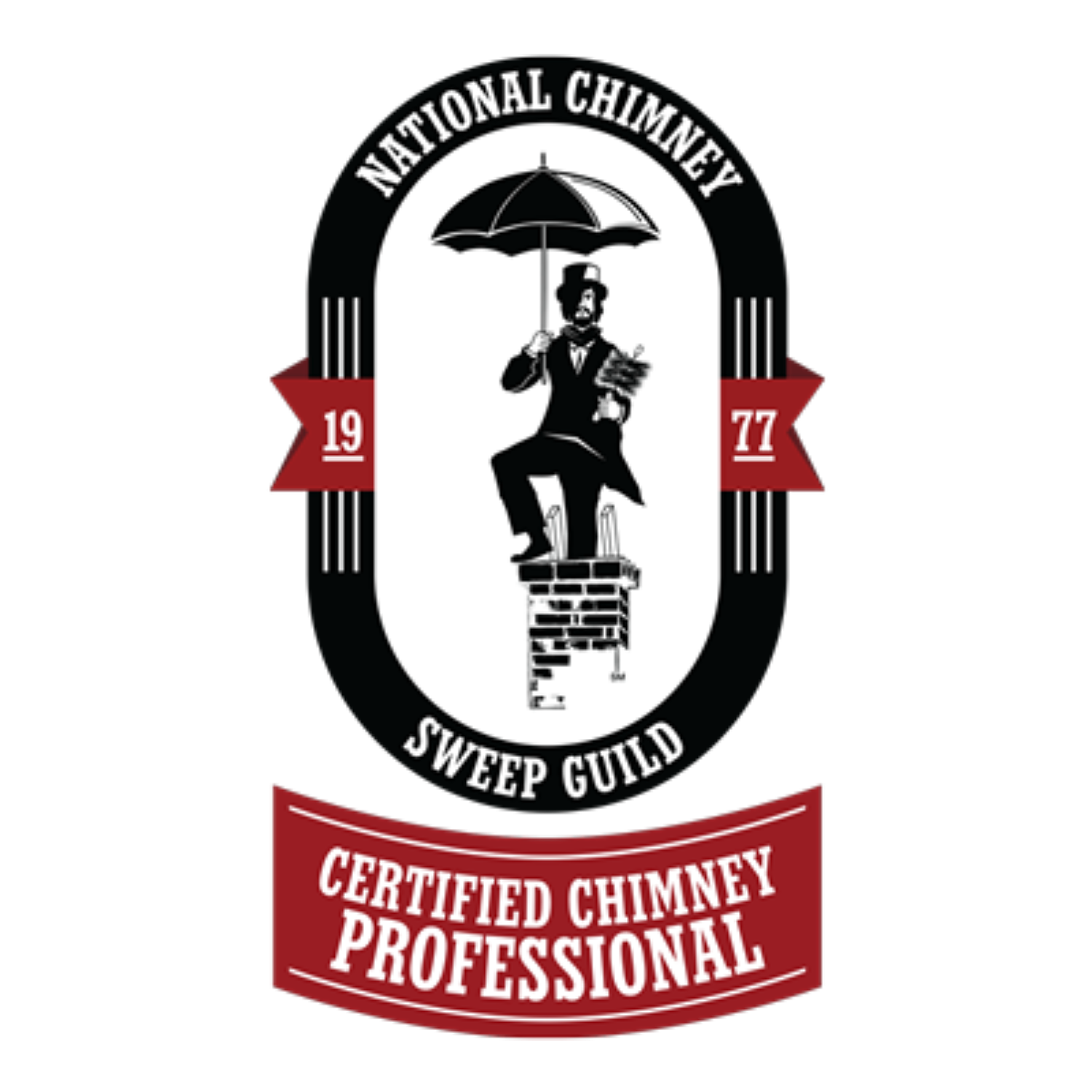When to Reline a Chimney in Dallas: Key Signs and Benefits
In Dallas, relining a chimney is crucial when visible cracks, creosote buildup, or water damage are detected. These signs indicate potential safety hazards, such as fires and toxic gas leaks. Regular inspections by certified professionals help identify these issues early. Relining enhances safety by improving airflow and efficiency, extending the chimney’s lifespan, and reducing repair costs. Neglecting to act promptly can compromise your home’s integrity and safety. Understanding these key signs and benefits is important for maintaining a reliable chimney system. Further insights are available to help you navigate your options for chimney care effectively.
Key Takeaways
- Look for visible cracks or gaps in the flue liner as significant indicators for relining your chimney.
- Increased creosote buildup suggests inefficiency and a need for relining to enhance safety and performance.
- Water damage leading to rust or spalling in masonry can necessitate relining to protect the chimney’s structure.
- Regular inspections by certified professionals can identify deterioration signs, prompting timely relining decisions.
- Relining improves chimney efficiency, reduces fire risks, and extends the lifespan of the chimney system.
Common Signs of Deterioration
One of the primary indicators that a chimney may require relining is the presence of visible cracks or gaps in the flue liner. Such deterioration can lead to significant safety hazards, including the risk of chimney fires and carbon monoxide exposure.
In Dallas, homeowners should be vigilant about these signs, as aging chimneys are particularly susceptible to wear and tear.
Another common sign of deterioration is flaking or crumbling material within the liner. This degradation compromises the integrity of the chimney, reducing its ability to contain harmful gases.
Additionally, a noticeable increase in creosote buildup can indicate that the chimney is not functioning efficiently, further underscoring the need for chimney relining.
Water damage can also be a significant factor. If moisture is seeping into the chimney structure, it can lead to rust and corrosion of metal liners or spalling in masonry.
Addressing these issues promptly can enhance Dallas chimney safety and maximize the chimney liner benefits, which include improved draft, reduced fire risk, and increased efficiency.
Regular inspections are essential to identify these signs early and ensure proper maintenance of your chimney system.
Importance of Chimney Safety
Chimney safety is paramount for homeowners, especially in older residences where the risk of deterioration is heightened. A compromised chimney can lead to several safety hazards, including the risk of chimney fires, carbon monoxide poisoning, and structural damage to the home.
Regular inspections and maintenance are essential to ensure that the chimney is functioning properly and safely. The chimney system is designed to safely expel harmful gases and smoke generated by heating appliances. If the chimney liner is cracked or deteriorated, these toxic byproducts can leak into the living space, posing severe health risks to occupants.
Inadequate ventilation can also lead to inefficient heating, increasing energy costs and making the home less comfortable. Moreover, a safe chimney contributes to the overall integrity of the home. Neglecting chimney safety can result in costly repairs, insurance complications, and even legal issues in the event of an accident.
Homeowners should prioritize regular inspections by certified chimney service to identify any potential issues early and ensure that their chimneys remain safe and functional. Ultimately, investing in chimney safety is essential for protecting both the occupants and the property itself.
Benefits of Relining
Ensuring chimney safety through regular inspections often leads to the need for relining, particularly in older homes. One of the primary benefits of relining a chimney is the enhancement of safety. A properly lined chimney significantly reduces the risk of chimney fires, as it prevents the buildup of creosote and other flammable materials.
Additionally, it minimizes the chances of toxic gases, such as carbon monoxide, from leaking into living spaces, thereby protecting the health of residents.
Another critical advantage is improved efficiency. A new liner can optimize the draft of the chimney, allowing for better airflow. This efficiency not only enhances the performance of heating appliances but also contributes to lower energy bills by ensuring that heat is effectively directed outside.
Furthermore, relining can extend the lifespan of the chimney structure itself. By protecting the masonry from corrosive byproducts, a new liner can mitigate damage over time, preserving the integrity of the chimney.
This proactive measure ultimately leads to fewer repairs and a more reliable chimney system, ensuring peace of mind for homeowners. Overall, chimney relining is a valuable investment in safety, efficiency, and longevity.
Cost Considerations
When evaluating the cost of relining a chimney, homeowners must consider various factors that can influence the overall expense. The type of material chosen for the liner plays a significant role in determining the cost.
Stainless steel and aluminum liners, for example, tend to be more expensive but offer durability and longevity. Alternatively, clay liners may present a more budget-friendly option but could require more frequent replacements.
Additionally, the condition of the existing chimney structure can impact costs. If extensive repairs to the chimney are required before relining, this will increase the total expense.
Labor costs also vary depending on the complexity of the installation and the local market rates in Dallas. Homeowners should also account for potential permits and inspections needed before and after the relining process, as these can add to the overall expenditure.
Finally, it is advisable to obtain multiple quotes from qualified contractors to ensure competitive pricing and to gain a clearer understanding of the costs involved. Understanding these cost considerations will help homeowners make informed decisions about relining their chimneys, ensuring both safety and financial prudence.
Professional Inspection Recommendations
Regular professional inspections are crucial for maintaining the safety and functionality of a chimney system. Homeowners in Dallas should schedule these inspections at least once a year, particularly before the heating season begins.
During these evaluations, certified chimney professionals will assess the chimney’s structural integrity, check for blockages, and evaluate the condition of the flue liner.
Key signs indicating the need for an inspection include visible cracks in the chimney structure, the presence of creosote buildup, or any unusual odors emanating from the fireplace.
Additionally, if you experience smoke backing up into your home, it is critical to seek a professional assessment immediately.
Professionals utilize specialized tools such as video cameras to inspect the interior of the chimney, identifying issues that may not be visible to the naked eye.
Addressing any problems early can prevent costly repairs down the line and ensure compliance with local safety regulations.
Ultimately, investing in regular professional inspections not only enhances the longevity of your chimney system but also protects your home and family from fire hazards associated with a compromised chimney.
Chimney Service in Dallas: Timely Relining for Safer and More Efficient Chimneys”
In conclusion, Masters Services Chimney & Masonry emphasizes the importance of recognizing signs of chimney liner deterioration to maintain safety and efficiency in your home. Timely chimney service, including relining, is crucial in preventing hazardous conditions like chimney fires and carbon monoxide exposure. By addressing these issues early, homeowners can significantly extend the lifespan of their chimneys and enhance their overall performance. Regular inspections and maintenance are key to ensuring compliance with safety standards and safeguarding the home. Masters Services Chimney & Masonry strongly encourages homeowners to prioritize chimney care to maintain a safe, efficient, and valuable home environment.
Masters Services Chimney & Masonry – DFW
11245 Goodnight Ln #35, Dallas, TX 75229
(972)877-4650










